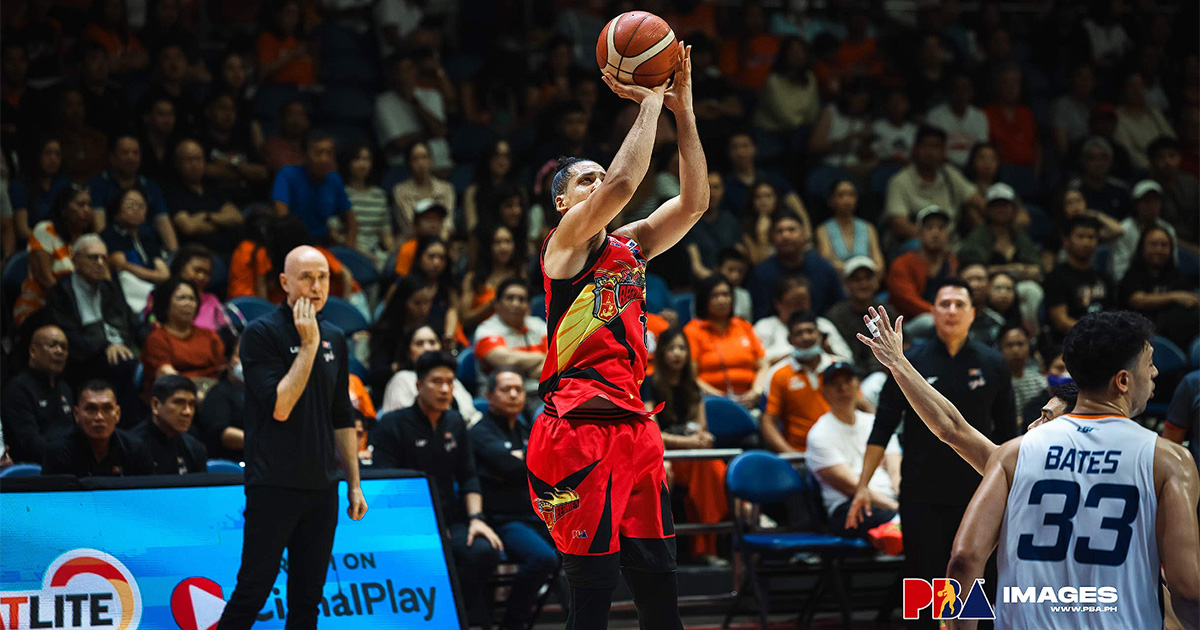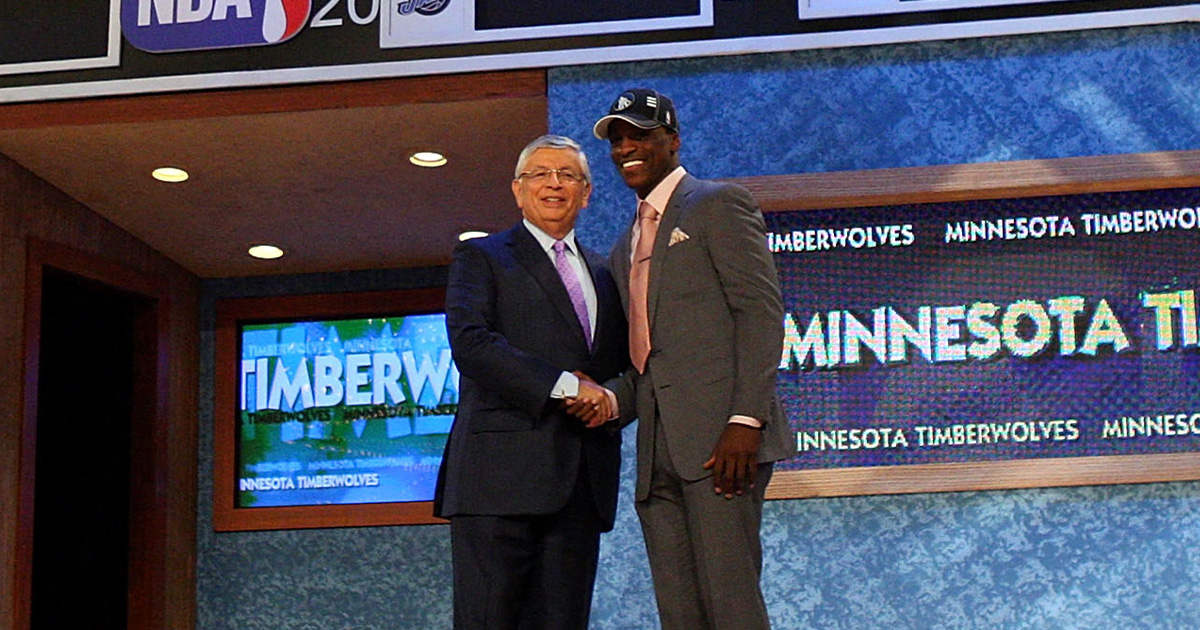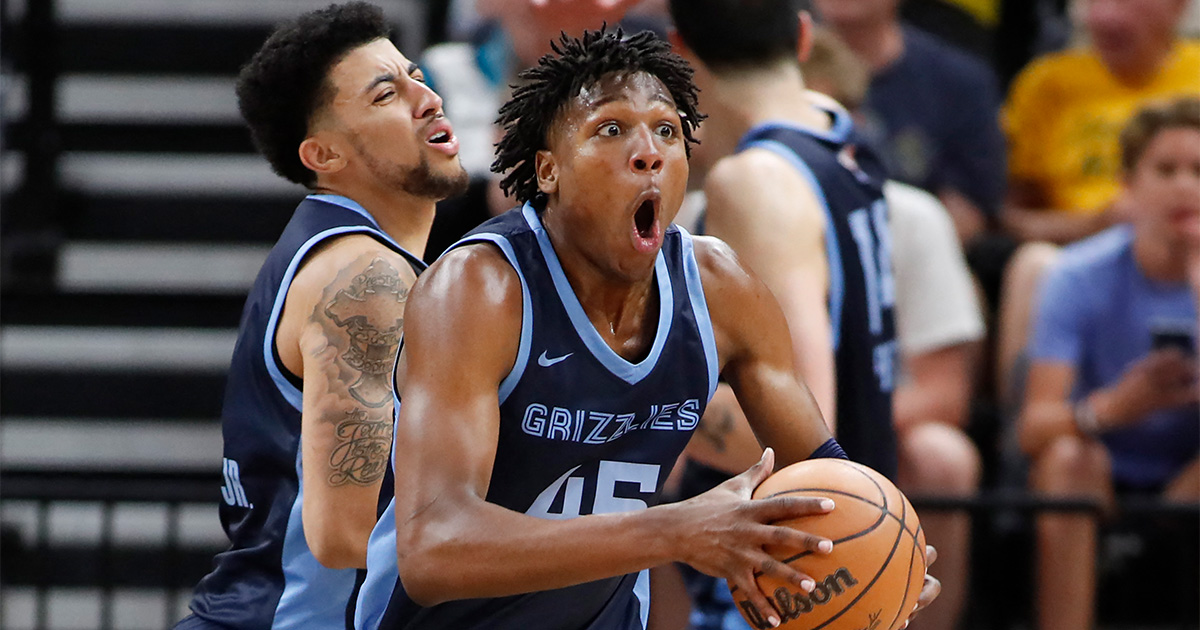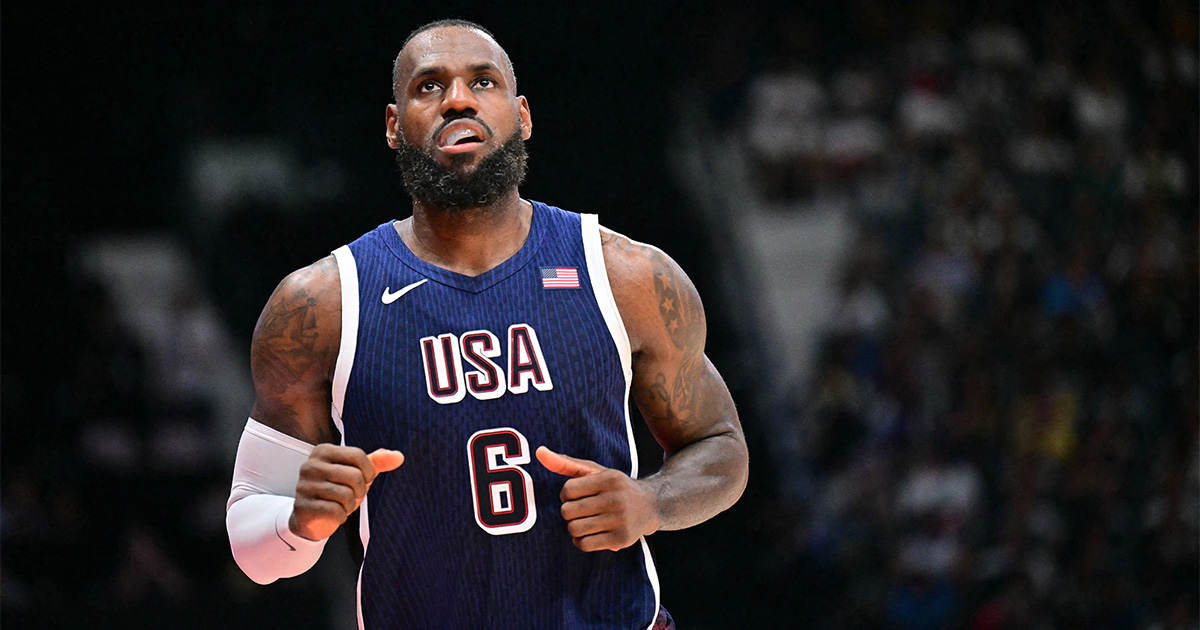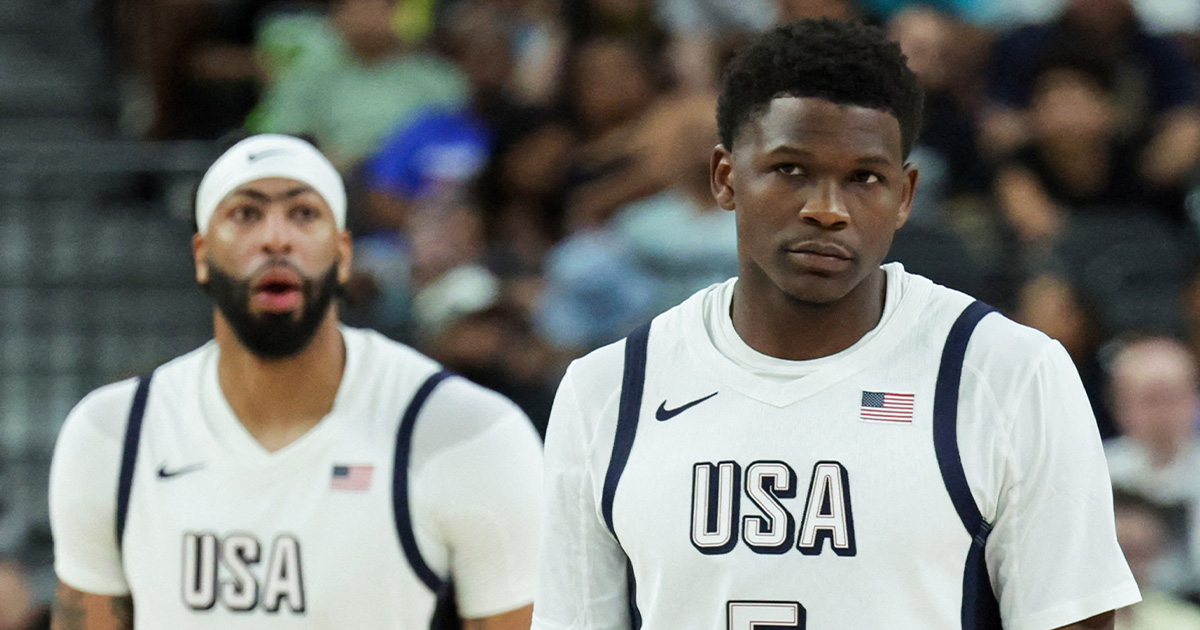The Utah Jazz’s biggest moves this offseason were adding Rudy Gay and Hassan Whiteside to shore up their depth.
In 2016, these would have been difference-making moves, but their signings hardly made a ripple around the league this offseason.
Both players are now on the downside of their careers, Gay was once a feared perimeter scorer while Whiteside made a name for himself through his statistic-hungry approach which had him lead the league in blocks twice and rebounds once – before his production took a nosedive.
However, Utah does not need either Gay or Whiteside to relive their glory days and carry their team–the All-Star duo of Donovan Mitchell and Rudy Gobert have that covered. Instead, these two veterans will be tasked with providing them with the additional depth that they sorely lacked in last season’s disappointing second round postseason exit against the Los Angeles Clippers.
If these two can come in and provide the Jazz with at least a brief burst of vintage play every so often, it might be enough of a boost to get them over the hump.

It seems counterintuitive to say that this roster, with both the reigning NBA Sixth Man of the Year Jordan Clarkson and the runner-up Joe Ingles, needed more from its bench last year, yet that heavily factored into their eventual demise.
In the regular season, Utah had an elite starting five in Mitchell, Gobert, Mike Conley, Royce O’Neale, and Bogdan Bogdanovic that propelled them to the top seed in the Western Conference and the best record in the league.
Meanwhile, Clarkson and Ingles, together with the returning Derrick Favors, excelled in their roles off the bench. That was it for them though as beyond their top eight rotation pieces, their line-up was littered with relatively anonymous players and an ageing Ersan Ilyasova.
Come the playoffs, disaster struck when Mitchell and Conley were slowed by injuries and they were left without much of an alternative.
Gay and Whiteside, who will replace Favors as their back-up center, should help address these issues to a certain extent together with Eric Paschall, their other notable free agent addition from the Golden State Warriors.
The Jazz are now at least 10 players deep and with Mitchell (25 years old) and Gobert (29) still in their prime, they should be able to remain competitive in the Western Conference. The added depth can help manage the load of Conley, Bogdanovic, and Ingles, who are all well into their 30s, and keep them fresh come the postseason.
Having more options will also give Utah head coach Quin Snyder more flexibility with his player combinations which will pay dividends in the playoffs. The Jazz did not have much room for adjustment versus the Clippers with the pieces that they had and they looked helpless when facing Los Angeles’ center-less line-ups.
They now have more weapons on their roster to complement their existing core and can benefit from using the regular season to tweak their line-ups and strategies, similar to what the Milwaukee Bucks did last season when they won the NBA title. Following years of their head coach Mike Budenholzer coming under fire for similarly unimaginative tactics and a lack of innovation, the Bucks used the regular season to prepare for the playoffs, even if it meant sacrificing some wins along the way.
The success of the Bucks, whose core similarly spent a couple of seasons together before finally winning the title, should provide the Jazz with a proven blueprint for success. Beyond their newfound depth, the familiarity of this Utah team with one another cannot be underestimated and will be one of their biggest advantages in this coming campaign.
The Jazz have already proven that they can plow through the league in the regular season and the next step for them is to replicate their winning ways in the playoffs. Mitchell and Gobert are under contract until 2026 and though it may seem like there is time for them to be patient with regards to winning, most of their ever-crucial supporting cast is already at the tail-end of their careers.
Another disappointing finish, or even a slow start, might lead to a revamp of the Jazz, but in a league whose teams and superstars are in a constant state of flux, the one advantage that they have over their Western Conference rivals is the chemistry that they have built through the years.
This group has been through a lot together through the years–on and off the court–and it will be interesting to see if the low-key addition of a couple of veterans to their battle-tested team is enough to push them over the hump and finally win their franchise’s first ever NBA championship.










